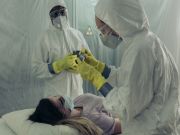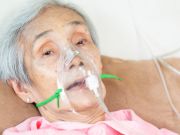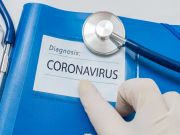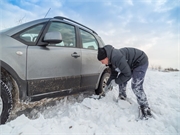
After charting a slight decline in growth earlier this week, new coronavirus cases in China jumped by almost 15,000 in a single day, while the death count spiked to 1,367, Chinese health officials reported Thursday. Meanwhile, the U.S. Centers for Disease Control and Prevention announced late Wednesday that a 14th case of coronavirus has been… read on >




























